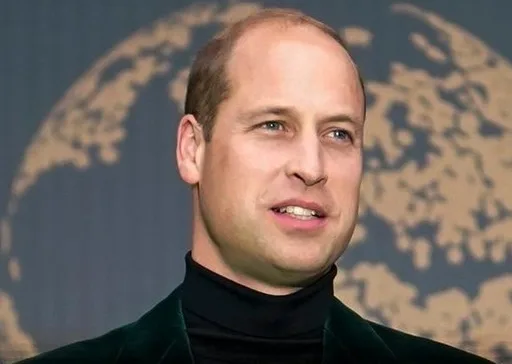Royal handover at Army Air Corps marks a significant shift in responsibilities to the Prince of Wales
In a poignant ceremony, King Charles III passed the role of Colonel-in-Chief of the Army Air Corps to Prince William, underscoring a major generational transition within the British royal family. This event, held at the Army Aviation Centre in Hampshire, was not only symbolic but also highlighted the continuing influence of the royal family in military affairs.
“The great thing is he’s a very good pilot indeed,” King Charles stated during the handover, expressing confidence in his son’s capabilities. The transition comes at a time when the King himself is undergoing cancer treatment, adding a layer of solemnity to the proceedings.
Embed from Getty ImagesThis role, which the King had held for over three decades, involves significant ceremonial duties and a close association with the corps’ activities. Prince William, an experienced pilot with the Royal Air Force and a former air ambulance pilot, is stepping into a role that aligns with his skills and past military service.
During the event, the King shared a moment with a veteran who had undergone chemotherapy, reflecting his personal connection with those who serve or have served, especially those affected by illnesses related to their service.
The ceremony was notably marked by the absence of Prince Harry, who has a well-documented history with the Army Air Corps, having served two tours in Afghanistan as an Apache pilot. The lack of any mention of Harry by the King may fuel ongoing speculations about the familial tensions that have been public for some time.
Analysis:
This military title handover from King Charles III to Prince William is rich with implications that extend beyond the personal to the political and sociological realms.
Politically, this move reinforces the monarchy’s enduring ties with the military, a relationship that is both traditional and essential for the institution’s image of stability and continuity. By selecting Prince William, who is directly in line to the throne, the monarchy ensures that these ties are maintained within the immediate royal succession line.
Sociologically, the ceremony reflects the monarchy’s efforts to balance modernity with tradition. Prince William represents a younger generation of royals, one that has been shaped by a different era and set of experiences compared to his father. His military and civilian flying experience, coupled with his youth, positions him as a figure of both continuity and renewal.
The absence of Prince Harry from the narrative at the event highlights the ongoing challenges within the royal family, particularly the delicate balance of public and private roles that members must navigate. This situation underscores the sociological impacts of royal duties on family dynamics, where personal achievements and affinities (like Harry’s with the Army Air Corps) may be overshadowed by broader institutional needs and decisions.
Furthermore, this handover occurs at a time when King Charles continues his treatment for cancer, adding a personal dimension to the proceedings. His health and the robustness with which he fulfils his royal duties are of national concern, reflecting the deeply personal connection the public feels with its sovereign.
